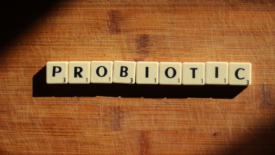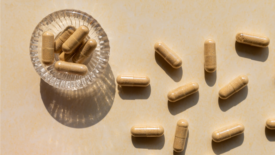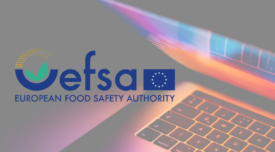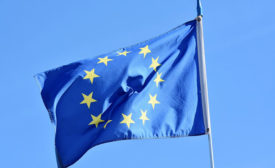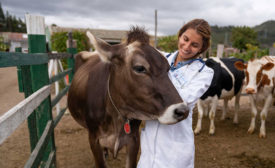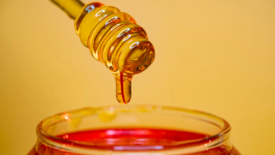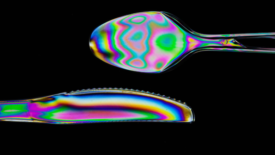International Standards/Harmonization
Food safety standards vary by country and world region, and different aspects of food safety are regulated differently depending on the region. Harmonization and tightening of food safety standards around the world are important as emerging countries seek to improve quality of life by ensuring safer food for all people.
ARTICLES
Two Tools for One Health and Biosurveillance
Increasingly, disease outbreaks are being considered using the lens of One Health
July 2, 2024
Never miss the latest news and trends driving the food safety industry
eNewsletter | Website | eMagazine
JOIN TODAY!Copyright ©2024. All Rights Reserved BNP Media.
Design, CMS, Hosting & Web Development :: ePublishing
